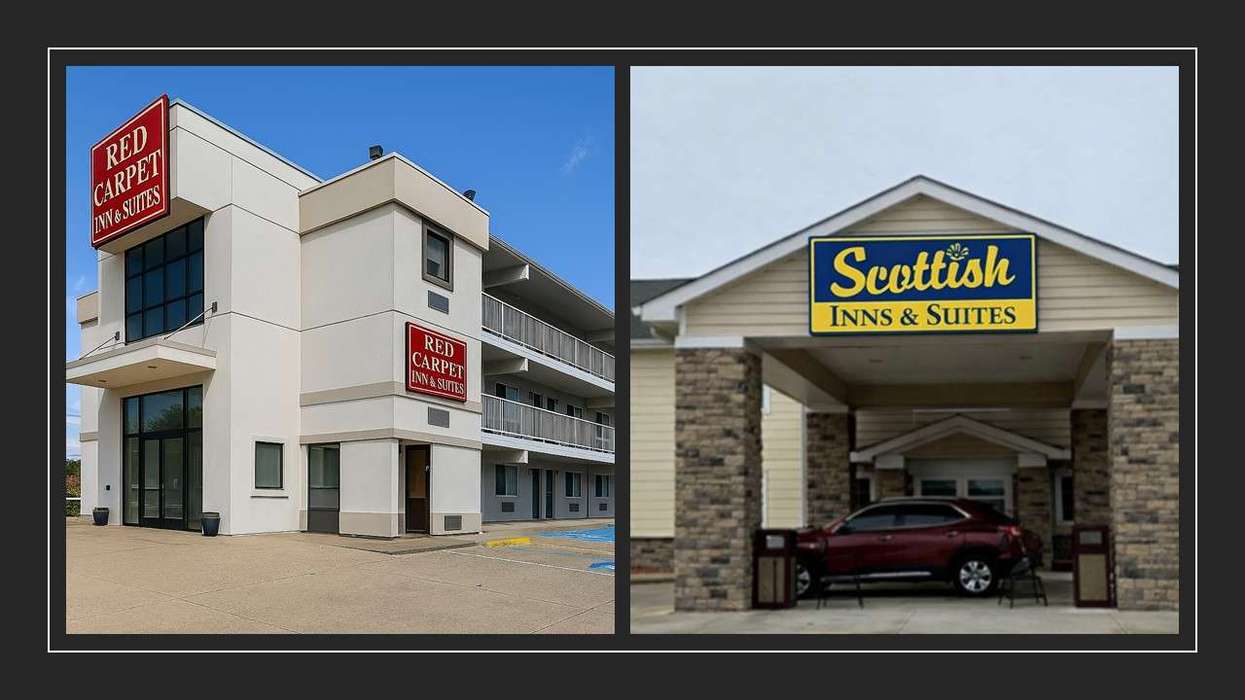INTERNATIONAL TRAVEL TO the U.S. may take a hit from two directions over the coming days. First is an expansion of President Trump’s travel ban limiting visits from certain countries, and the other is the rapidly spreading corona virus from China.
Trump’s ‘travel ban’ revives controversy
On Jan. 31, Trump signed a proclamation restricting immigrant visas for citizens of Iran, Libya, North Korea, Syria, Venezuela, Yemen and Somalia, most of which were included in Trump’s original ban in 2017. North Korea and Venezuela are new additions.
The new proclamation also suspended overseas issuance of visas for some citizens of Burma, also known as Myanmar, Eritrea, Kyrgyzstan and Nigeria. It also suspends Sudan and Tanzania from participation in the U.S. Visa Lottery.
“Countries that fail to conduct proper identity management protocols and procedures, or that fail to provide information necessary to comply with basic national security requirements—including sharing terrorist, criminal, or other identity information—face the risk of restrictions and limitations on the entry of their nationals into the U.S.,” the proclamation said. “The administration will work with the non-compliant countries to bring them into compliance with U.S. security standards.”
The new restrictions apply only to immigration visas, not tourist, business or other non-immigrant travels. However, the implementation of these new rules can still affect the international travel trade, Roger Dow, president and CEO of the U.S. Travel Association said in a statement.
“The fact is the words carry weight. While the countries affected by the expanded policy represent a very small fraction of visitation to the U.S., restricting entry to the U.S. carries a negative perception that threatens the reputation of our country as an attractive and welcoming destination for global business and leisure travelers,” Dow said. “Protecting the country is paramount—everyday travel cannot continue without it—but policies must always strike a balance between meeting security imperatives and continuing to welcome everyday travelers to the United States. Robust and safe international inbound travel to the U.S. is essential to the administration’s goals for economic, job, and export growth.”
The fact that the countries on the list predominantly have large Muslim populations has led to accusations that it is based on racist xenophobia. It also led to some hard feelings by U.S. ally Nigeria that it was included on the list, according to The New York Times.
“The country has committed a lot of resources to fight terrorism. Any travel ban cannot but be inimical to the growth of the country,” Lai Mohammed, Nigeria’s minister of information and culture, told The Times shortly before the new restrictions were released. “Once a travel ban is imposed on a country, the consequences are not always pleasant.”
Asian outbreak causes panic, travel restrictions
The novel coronavirus, officially named 2019-nCoV by the World Health Organization, was first reported in Wuhan, China, on Dec. 31. Since then the virus has spread to 23 countries outside of China, including the U.S., with 20,630 cases confirmed globally as of Tuesday.
The virus has killed more than 400 people in China and one person outside the country.
Occupancy at hotels in China declined 75 percent the week of Jan. 14 to 26, significantly impacting the usually busy Chinese New Year holiday during that time, according to STR. The U.S. Transportation Security Administration has instructed airlines to ask passengers on incoming international flights if they had been to mainland China in the past two weeks and stated that those who have been there in the past 14 days must enter the country at specific airports equipped to handle screening them, such as Hartsfield-Jackson Atlanta International Airport and LAX, according to The Hill.com.
Despite the restrictions, people will continue to travel, said Dan Richards, CEO at travel risk and crisis response provider Global Rescue based in Lebanon, New Hampshire.
“Traveler concerns are elevated. But they will still take trips and make travel plans,” Richards said. “The only difference is that they will take additional precautions – like travel protection and immunization shots – and make different destination choices.”
About 91 percent of respondents to a Global Rescue poll said they would travel in 2020 despite 85 percent of them saying they are concerned about travel.
At least one hotel company, Wyndham Hotels & Resorts, issued a statement on its reaction to the virus.
“We are currently recommending that our hotels in China follow the guidelines established by the WHO, the U.S. Centers for Disease Control and Prevention and their local health departments – and to report any suspected cases to the proper authorities as soon as possible,” Wyndham said. “We are sending supplies to our hotels in China for distribution to workers, guests, and members of the community. Additionally, guests traveling to or from China with direct bookings for stays in any of our hotels from Jan. 22 through Feb. 29 will have their cancellation or change penalties waived.”





